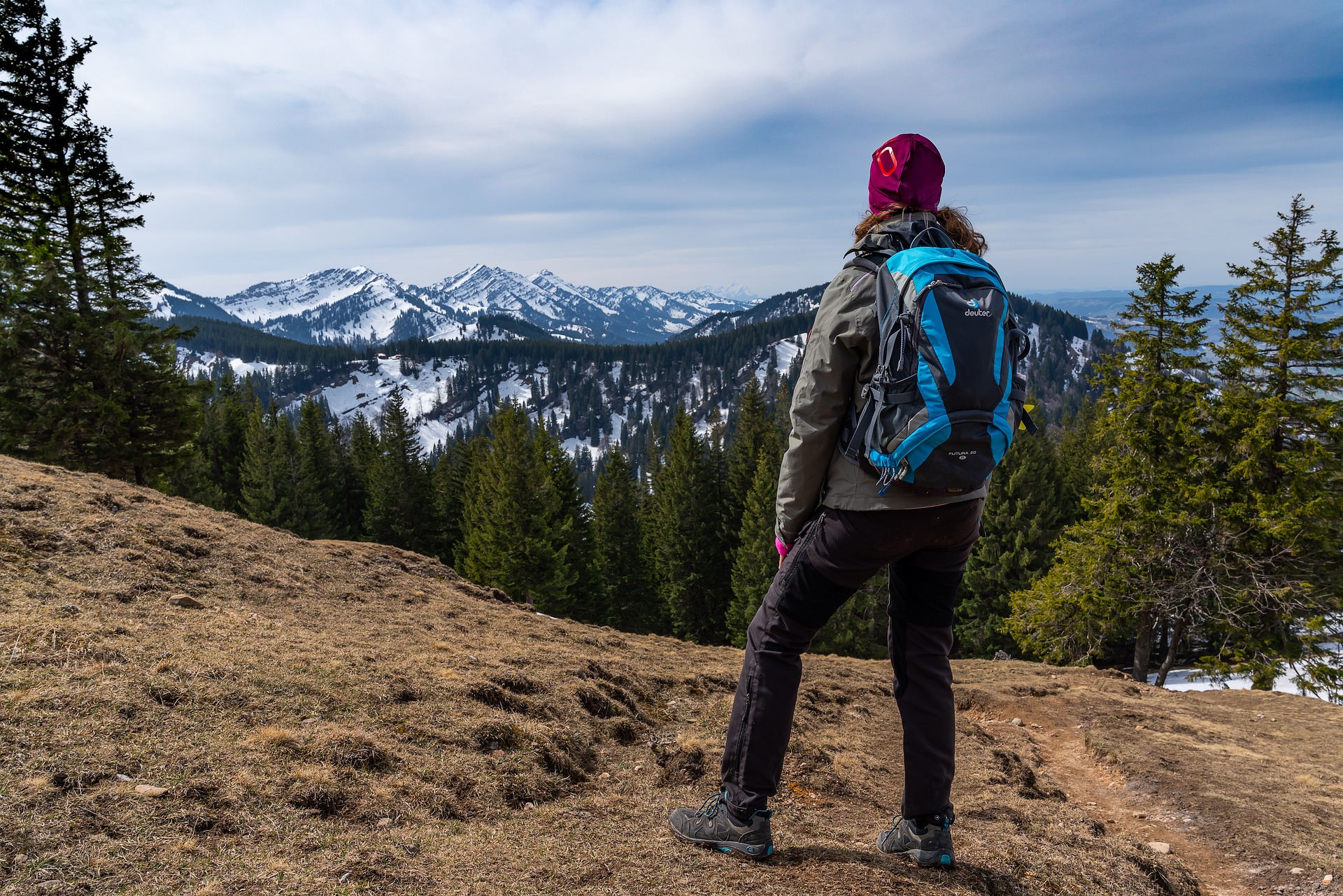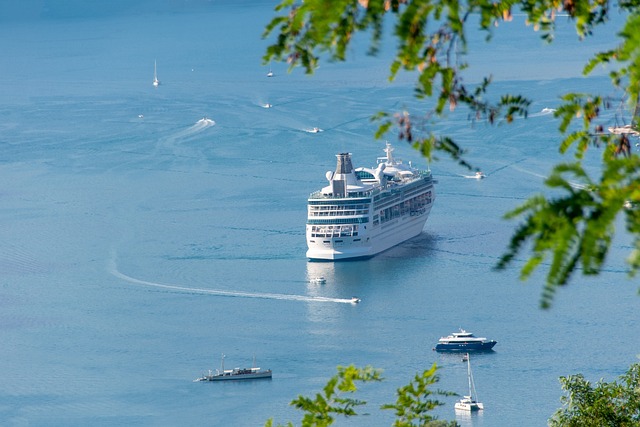An Insider’s Look at Overlanding: Dive Into the Deep End of Adventure Travel
Worldwide, countless people are intrigued by the promise of freedom, remote exploration, and self-reliance offered by overlanding—a unique style of travel that focuses on the journey rather than the destination. This article will delve into the history, current trends, advantages, challenges, and the impact of overlanding on adventurers.

Traveling Off The Beaten Path: The Historical Allure of Overlanding
Overlanding has a rich tapestry of history. The term originates from Australia, depicting cattle that “overlanded” across vast distances during the 19th century. Transformed over decades from utilitarian routes to adventurous ventures, overlanding evolved as an embodiment of exploration and love for the outdoors. It represented the ultimate escape from civilization, throwing adventurers deep into the wilderness, and teaching them to be resourceful, aware, and resilient.
Overlanding Today: Trends and Adaptations
In recent years, overlanding has garnered traction, becoming a dominant trend among travel enthusiasts craving experiences over material possessions. The rise of rugged SUVs and off-road camper trailers has facilitated this surge, enabling tougher terrains and more prolonged trips. Modern traveler’s love for authentic, immersive experiences has synergized with socially distant travel needs, pushing overlanding further into the mainstream.
The Nitty-Gritty: Pros and Cons of Overlanding
The perks of overlanding are multifold. It offers an extravagant buffet of untouched landscapes, cultural immersion, and elevated self-reliance. It also fosters a sense of community among brethren of the road. However, it’s not all sunshine and roses. Overlanding comes with its fair share of challenges. This includes the financial and physical toll, complexity of vehicle maintenance, volatile weather conditions, and access to remote locations.
A Deeper Dive: Potential Impact of Overlanding
While overlanding provides an avenue for extraordinary encounters, it requires a certain level of responsibility. Nature preservation can be compromised if unregulated. Also, interacting with local communities necessitates respect for culture and customs. Thus, overlanders should always strive for a sustainable and respectful approach to their journeys.
Curated Nuggets of Overlanding Wisdom
- Overland vehicles should be equipped for remote travel, including recovery gear, camping necessities, emergency supplies, and long-term food and water storage.
- Navigation is a must-know skill for overlanders. Offline maps, compass, roadbooks, and GPS can lead the way.
- Depending on the region, obtaining permits may be necessary. Research, flexibility, and contingency planning are vital.
- Overlanding isn’t a sprint; it’s a marathon. Pace your travels and enjoy the journey.
In scrutinizing overlanding, we unearth an avenue that combines the thrill of exploration with the satisfaction of self-sustainability. It’s a form of travel that isn’t shackled by tour schedules or overrun tourist spots, swimming against the tide of traditional tourism. Overlanding, despite its challenges, offers an enchanting call to discovery—one that redefines what it means to journey, to be free, and quite simply, to live. This daring, boundless expedition into the wild is indeed for those who believe that the journey is just as vital, if not more so, than the destination.




